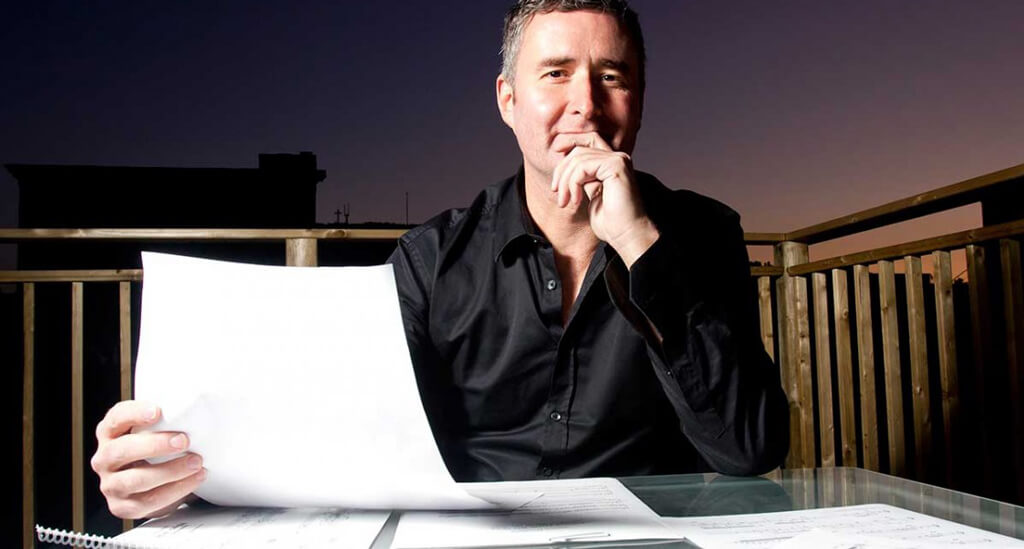
Composers across the country have been outraged over a competition launched by the Canadian House of Commons in honour of Canada 150 and the 90th-anniversary of the Peace Tower in Ottawa.
The main issue is the competition’s $400 and $800 awards as compensation to produce a new five-minute composition for carillon, as well as issues surrounding the ownership of the winning works.
According to the Canadian League of Composers (CLC), the suggested minimum rate for a five-minute work for one or two performers should be at least $2,125. This would make the competition award 62% lower than the suggested minimum fee for composers.
A petition started by Quebec-based composer Simon Bertrand on December 22, 2016, has been created asking supporters to hold the government of Canada accountable for upholding professional rates and rights for Canadian composers.
The petition is addressed to Geoff Regan, Speaker of the House of Commons, and Mélanie Joly, Minister of Canadian Heritage. As of January 11, it has collected 586 signatures out of a goal of 750.
In a statement, Bertrand said he decided to start the petition to protest what he felt was an insultingly low award, especially considering the over two-hundred million dollars earmarked to fund initiatives across the country for the Canada 150 celebrations.
“For the celebrations of Canada’s 150th year, hundreds of millions of dollars are going to be spent,” Bertrand said. “Why then would the government expect that composers work without a proper salary?… This is NON-SENSE.”
“The amount is an honorarium – not an award,” replied Heather Bradley, Director of Communications for the House of Commons, in an email statement. “This is the amount we have offered in the past when we have paid an honorarium for a lecture or a guest artist.”
While Bradley stated the amount was not an award per se, the competition rules clearly lists the amounts under the header “Awards” and does not use the term “honorarium” anywhere on the document.

When asked if they considered the CLC rates at all when determining the honorarium, Bradley mentioned that the CLC rates are really only meant to be a guideline and are not applicable as part of the contest. Bradley also pointed out that the competition this is not a commission, but rather a competition, meaning that the fees are not intended as an exchange for the service of composing a new work.
Bertrand said this is really about the respect for “our work as composers and the craftsmanship that goes into our profession.”
If the award was not a fee to compensate them for their work, they are essentially being asked to write a piece for absolutely nothing, with the only perk being the honour of being selected and participating in the celebration.
Bertrand also contacted the organizers requesting that the wording of the competition rules regarding copyright of their works be clarified. “The original rules of the competition were mentioned that the royalties would belong to the composer, EXCEPT for all the uses made at the parliament.”
The contest organisers agreed to change the wording, but Bertrand said the ambiguity remains.
The competition rules state that winning composers are required to give written permission to the House of Commons full rights to distribute, perform, and record the composition for a period of two years. The composer’s work will also be available for free download on the Carillon web page, effectively damaging the composer’s ability to monetize their work elsewhere. The House of Commons asserts that “this [will] provide an opportunity to the winning composers for immediate exposure of their work to the greater Carillon community.”
Comments online surrounding the competition guidelines and fee have been critical. Composer Marc Patch said on his Facebook page that he felt insulted and mocked by the government’s total disregard for the countless hours of work that go into composing a piece of music.
Vancouver-based composer John Oliver urged his Facebook followers to sign the petition.”Does our federal government respect Canadian composers’ right to professional pay and the right to collect royalties from their creations? Apparently not!”
The original competition deadline was first set for December 1, 2016, but has since been extended to January 16, 2017.
The competition winners are scheduled to be announced March 1, 2017. The winning works will be performed by Andrea McCrady, Dominion Carilloneur on the Peace Tower Carillon during the Canada Day celebrations.
For more CLASSICAL MUSIC NEWS, visit HERE.
#LUDWIGVAN
Want more updates on Toronto-centric classical music news and reviews before anyone else finds out? Follow us on Facebook or Twitter for all the latest.
- THE SCOOP | Royal Conservatory’s Dr. Peter Simon Awarded The Order Of Ontario - January 2, 2024
- THE SCOOP | Order of Canada Appointees Announced, Including Big Names From The Arts - December 29, 2023
- Ludwig Van Is Being Acquired By ZoomerMedia - June 12, 2023



